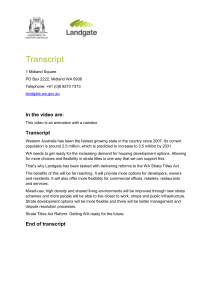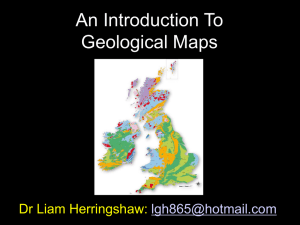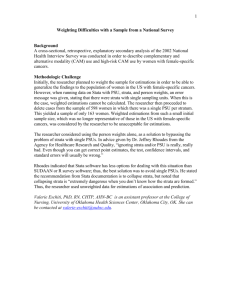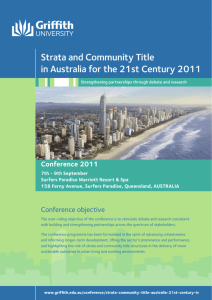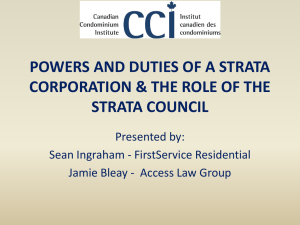The Creation Science of Henry M. Morris
advertisement
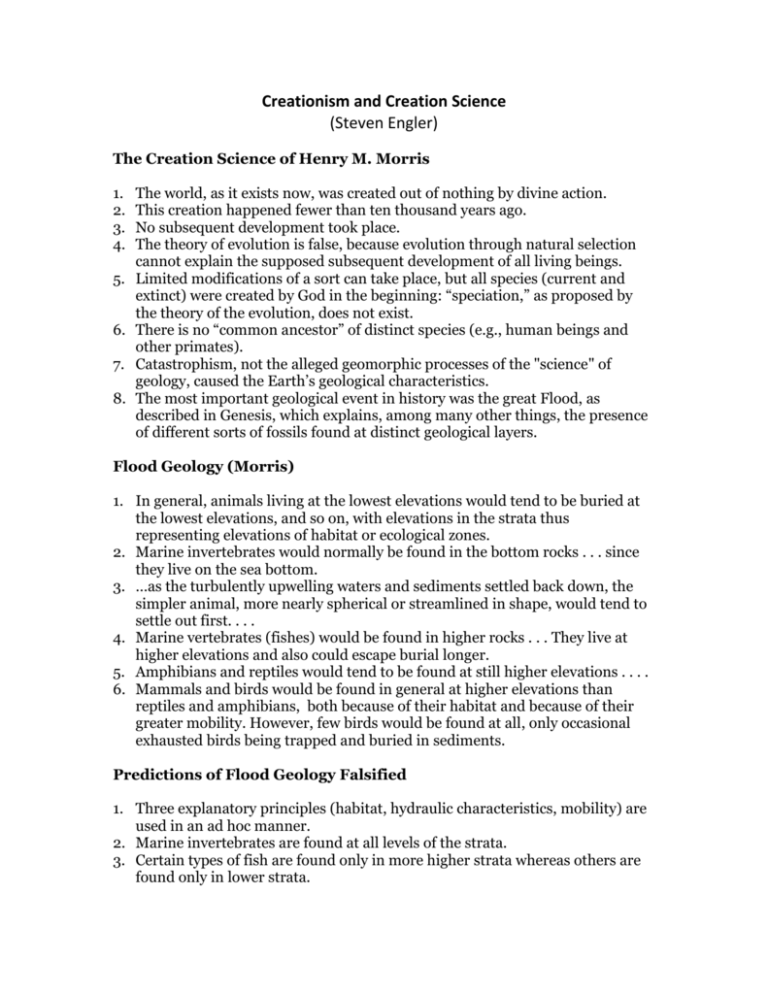
Creationism and Creation Science (Steven Engler) The Creation Science of Henry M. Morris 1. 2. 3. 4. 5. 6. 7. 8. The world, as it exists now, was created out of nothing by divine action. This creation happened fewer than ten thousand years ago. No subsequent development took place. The theory of evolution is false, because evolution through natural selection cannot explain the supposed subsequent development of all living beings. Limited modifications of a sort can take place, but all species (current and extinct) were created by God in the beginning: “speciation,” as proposed by the theory of the evolution, does not exist. There is no “common ancestor” of distinct species (e.g., human beings and other primates). Catastrophism, not the alleged geomorphic processes of the "science" of geology, caused the Earth’s geological characteristics. The most important geological event in history was the great Flood, as described in Genesis, which explains, among many other things, the presence of different sorts of fossils found at distinct geological layers. Flood Geology (Morris) 1. In general, animals living at the lowest elevations would tend to be buried at the lowest elevations, and so on, with elevations in the strata thus representing elevations of habitat or ecological zones. 2. Marine invertebrates would normally be found in the bottom rocks . . . since they live on the sea bottom. 3. …as the turbulently upwelling waters and sediments settled back down, the simpler animal, more nearly spherical or streamlined in shape, would tend to settle out first. . . . 4. Marine vertebrates (fishes) would be found in higher rocks . . . They live at higher elevations and also could escape burial longer. 5. Amphibians and reptiles would tend to be found at still higher elevations . . . . 6. Mammals and birds would be found in general at higher elevations than reptiles and amphibians, both because of their habitat and because of their greater mobility. However, few birds would be found at all, only occasional exhausted birds being trapped and buried in sediments. Predictions of Flood Geology Falsified 1. Three explanatory principles (habitat, hydraulic characteristics, mobility) are used in an ad hoc manner. 2. Marine invertebrates are found at all levels of the strata. 3. Certain types of fish are found only in more higher strata whereas others are found only in lower strata. 4. Whales and dolphins are only found in higher strata whereas marine reptiles of similar shape and size are found only in lower strata. 5. Large land mammals (e.g., ground sloths) are found only in higher strata whereas certain more mobile mammals are found only in lower strata. 6. If the Flood happened as predicted by Creation Science, all birds should have been exhausted, lacking perches. Contrasting “Predictions” (Morris) Evolution Model Structure of Natural Law Constantly Changing Galactic Universe Galaxies Changing Other Heavenly Bodies Building up Types of Rock Different in Different Formations “Ages” Appearance of Life Life Evolving from NonLife Array of Organisms Continuum of Organisms Appearance of Kinds of Life Mutations in Organisms Age of Earth Fossil Record Appearance of Man Nature of Man Origin of Civilization New Kinds Appearing Beneficial Extremely Old Innumerable Transitions Ape-Human Intermediates Quantitatively Superior to Animals Slow and Gradual Creation Model Invariable Galaxies Constant Breaking Down Similar in All “Ages” Life Only from Life Distinct Kinds of Organisms No New Kinds Appearing Harmful Probably Young Systematic Gaps No Ape-Human Intermediates Qualitatively Distinct from Animals Contemporaneous with Man Mutual Critiques Creationist Critique of Evolutionary Theory “Just a theory” Cannot be falsified No predictive success Leaves out ends/values “Randomness” is just a mask for ignorance Can’t draw conclusions from evidence in the past Scientific Critique of Creation Science Not a unified theory (just selects examples to argue against science) Easily falsified Case-by-case after the fact interpretation Gets scientific ideas wrong (e.g., entropy) Fails to distinguish apparent and true randomness Misunderstands nature of inferential reasoning Can’t explain emergence of organs with complex functions The fossil record has gaps Attributes teleology (complex structures can bring new and different advantages) Fails to understand accumulation and convergence of evidence Misinterprets nature of categorization Focuses only on differences
